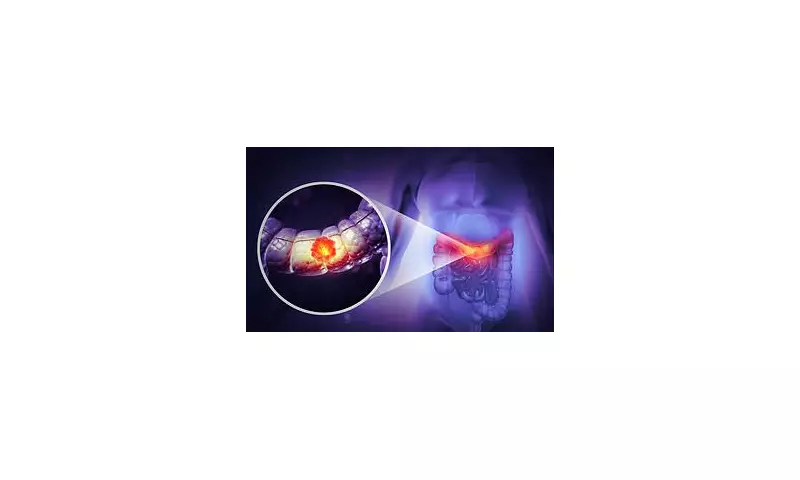
How often do you visit the toilet, and what should you really be looking for when you do? A prominent gastroenterologist has revealed that our bathroom habits can provide vital clues about our overall health - and potentially signal serious conditions including colon cancer.
The Bristol Stool Chart: Your Health Barometer
According to medical experts, the consistency and frequency of bowel movements can serve as an important health indicator. The Bristol Stool Chart, widely used in medical practice, categorises stools into seven types that range from severe constipation to diarrhoea.
"Many people don't realise that paying attention to their bowel habits could literally save their life," explains the gastroenterologist. "Sudden, persistent changes in your toilet routine warrant medical attention."
Warning Signs You Should Never Ignore
- Blood in your stool - This can appear as bright red or black, tarry stools
- Persistent changes in bowel habits - Lasting more than a few weeks
- Unexplained weight loss - Without changes to diet or exercise
- Constant abdominal pain or discomfort - Particularly if it's new or different
- Feeling of incomplete emptying - Even after having a bowel movement
When to Seek Medical Advice
The doctor emphasises that while occasional variations are normal, persistent changes should prompt a visit to your GP. "Don't be embarrassed to discuss these symptoms with your doctor," they stress. "We've heard it all before, and early detection significantly improves outcomes for serious conditions like bowel cancer."
With bowel cancer being one of the most common cancers in the UK, affecting thousands annually, understanding these warning signs could be life-saving. The NHS offers screening programmes for certain age groups, and being aware of changes in your body ensures you can seek help promptly when needed.
Healthy Habits for Better Digestive Health
- Maintain adequate fibre intake through fruits, vegetables and whole grains
- Stay hydrated by drinking plenty of water throughout the day
- Exercise regularly to keep your digestive system moving
- Don't ignore the urge to have a bowel movement
- Reduce processed foods and red meat consumption
Remember that while this information provides valuable guidance, it doesn't replace professional medical advice. If you're concerned about changes in your bowel habits or overall digestive health, schedule an appointment with your GP for proper evaluation and peace of mind.





